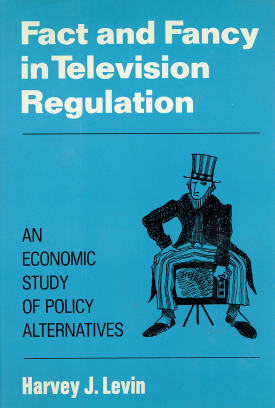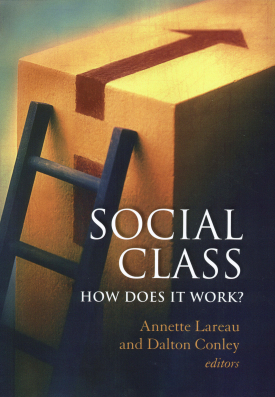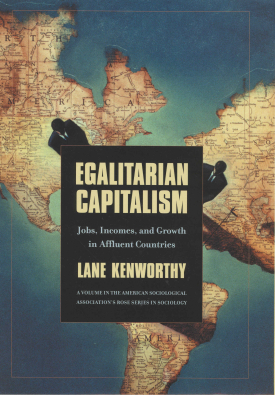
The Colors of Poverty
About This Book
Given the increasing diversity of the nation—particularly with respect to its growing Hispanic and Asian populations—why does racial and ethnic difference so often lead to disadvantage? In The Colors of Poverty, a multidisciplinary group of experts provides a breakthrough analysis of the complex mechanisms that connect poverty and race.
The Colors of Poverty reframes the debate over the causes of minority poverty by emphasizing the cumulative effects of disadvantage in perpetuating poverty across generations. The contributors consider a kaleidoscope of factors that contribute to widening racial gaps, including education, racial discrimination, social capital, immigration, and incarceration. Michèle Lamont and Mario Small grapple with the theoretical ambiguities of existing cultural explanations for poverty disparities. They argue that culture and structure are not competing explanations for poverty, but rather collaborate to produce disparities. Looking at how attitudes and beliefs exacerbate racial stratification, social psychologist Heather Bullock links the rise of inequality in the United States to an increase in public tolerance for disparity. She suggests that the American ethos of rugged individualism and meritocracy erodes support for antipoverty programs and reinforces the belief that people are responsible for their own poverty. Sociologists Darren Wheelock and Christopher Uggen focus on the collateral consequences of incarceration in exacerbating racial disparities and are the first to propose a link between legislation that blocks former drug felons from obtaining federal aid for higher education and the black/white educational attainment gap. Joe Soss and Sanford Schram argue that the increasingly decentralized and discretionary nature of state welfare programs allows for different treatment of racial groups, even when such policies are touted as “race-neutral.” They find that states with more blacks and Hispanics on welfare rolls are consistently more likely to impose lifetime limits, caps on benefits for mothers with children, and stricter sanctions.
The Colors of Poverty is a comprehensive and evocative introduction to the dynamics of race and inequality. The research in this landmark volume moves scholarship on inequality beyond a simple black-white paradigm, beyond the search for a single cause of poverty, and beyond the promise of one “magic bullet” solution.
ANN CHIH LIN is associate professor in the Gerald R. Ford School of Public Policy and Department of Political Science at the University of Michigan.
DAVID R. HARRIS is professor of sociology and deputy provost at Cornell University.
CONTRIBUTORS: Scott W. Allard, Heather E. Bullock, George Farkas, David R. Harris, Michèle Lamont, Ann Chih Lin, Selina A. Mohammed, Devah Pager, Lincoln Quillian, Rozlyn Reed, Sanford F. Schram, Mario Luis Small, Joe Soss, Michael A. Stoll, Christopher Uggen, Darren Wheelock, and David R. Williams
A Volume in the National Poverty Center Series on Poverty and Public Policy









